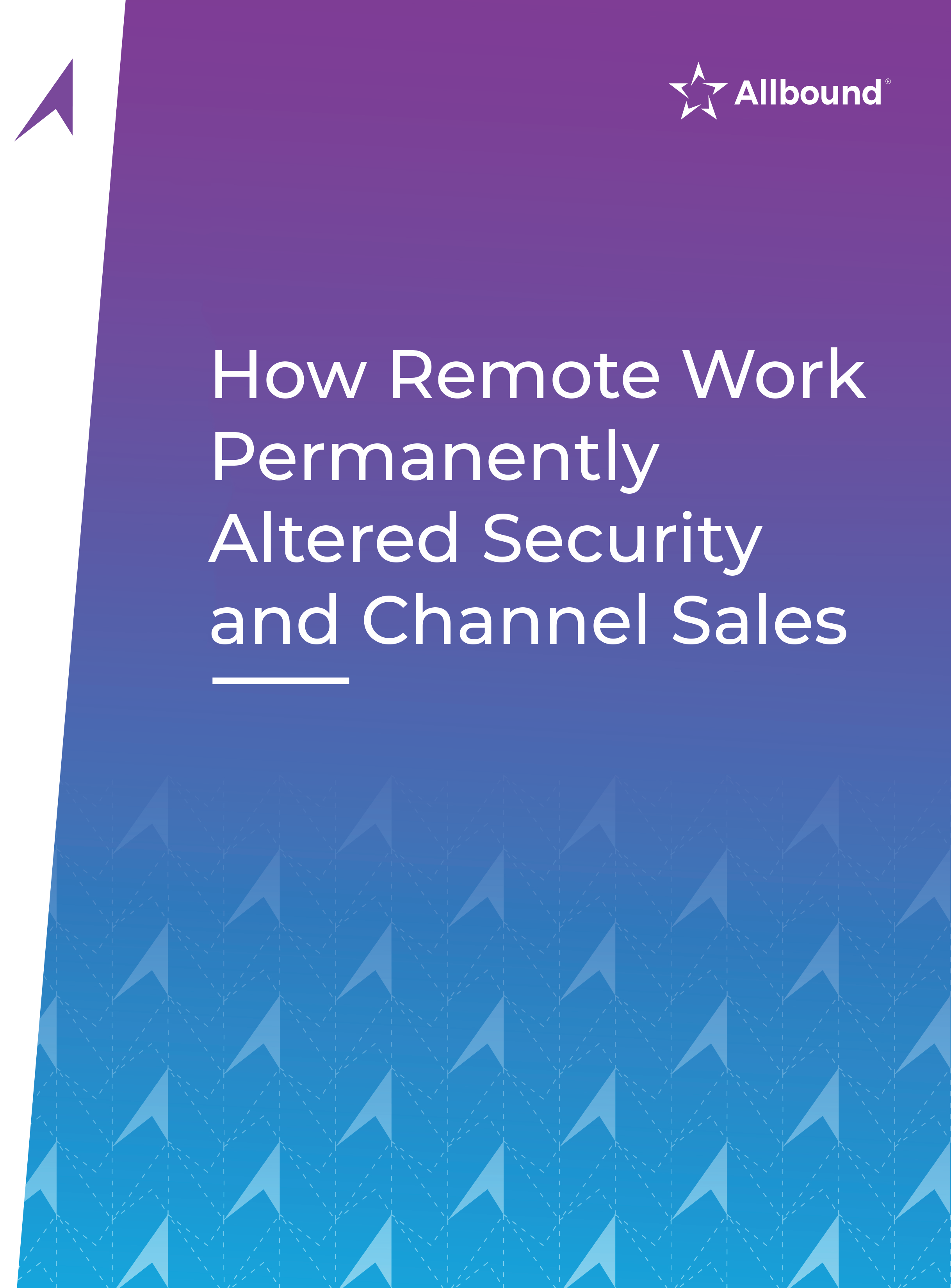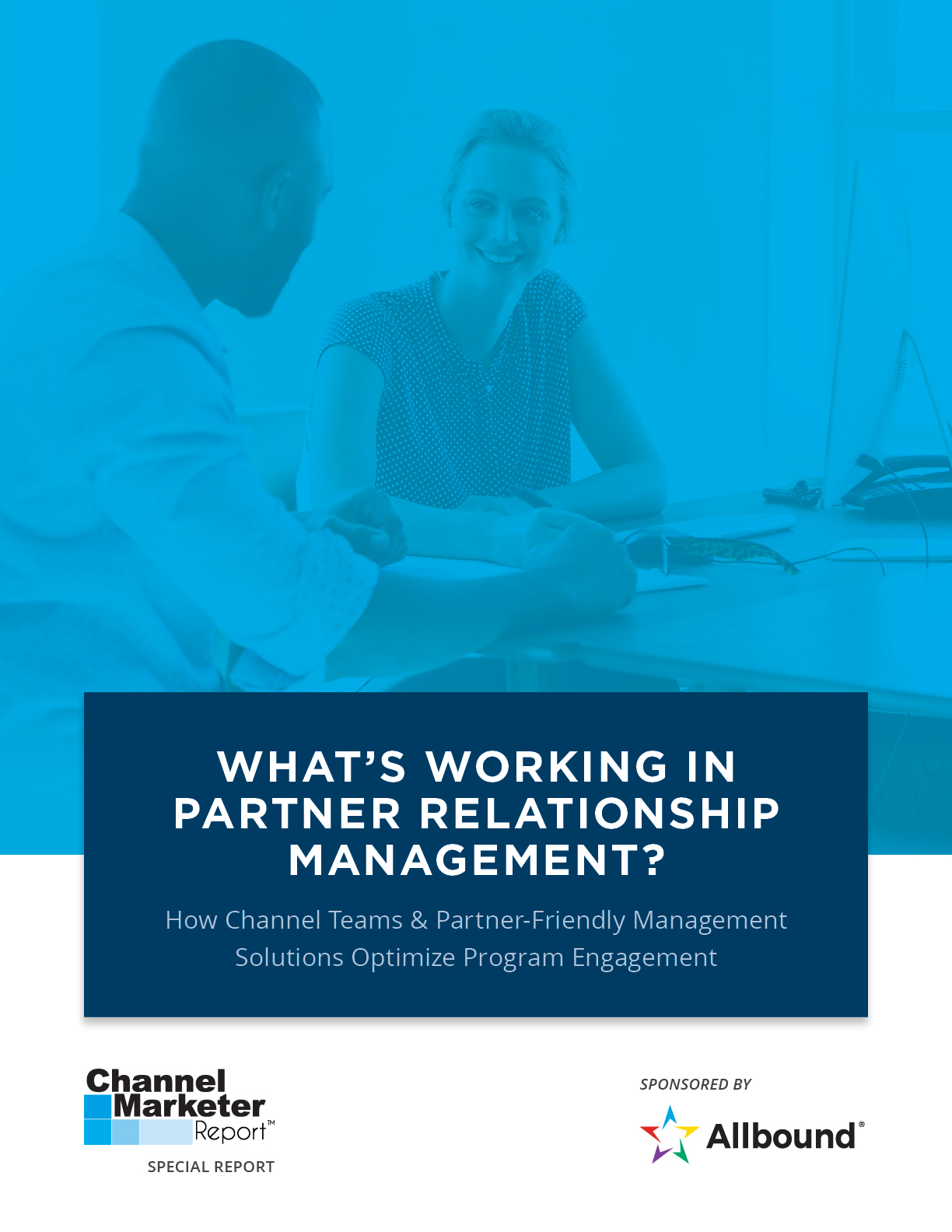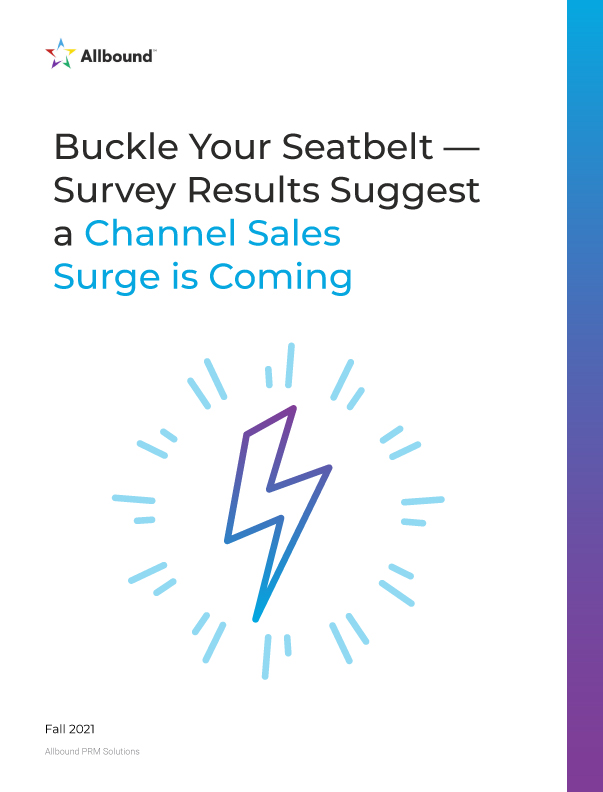Uncategorized
ChannelViews: How To Drive Channel Engagement And Productivity With Partner Badges
By Patrick Shea, Channel Marketing Manager at HubSpot
 Badges. Your channel partners want badges. Badges help them differentiate themselves in a crowded marketplace. They are proof of association, skill and legitimacy. Featured on a PowerPoint slide, in the side margin of a homepage, or tucked into the back cover of an E-book, a badge signifies their relationship with your company and helps them build credibility with their audience. These accreditations can facilitate and expedite the sales process, or get them in front of a prospect whose attention they might not have been able to capture otherwise.
Badges. Your channel partners want badges. Badges help them differentiate themselves in a crowded marketplace. They are proof of association, skill and legitimacy. Featured on a PowerPoint slide, in the side margin of a homepage, or tucked into the back cover of an E-book, a badge signifies their relationship with your company and helps them build credibility with their audience. These accreditations can facilitate and expedite the sales process, or get them in front of a prospect whose attention they might not have been able to capture otherwise.
Providing a range of badges, along with the testing and/or reporting infrastructure to ensure that they earn them, is critical to any channel marketing strategy. Requiring that your channel partners qualify for these badges by meeting certain criteria or passing an exam can help you insist on exclusivity, reward outstanding production, and reinforce best practices through required education and training. The more badge-wearing partners you have, in theory, the more torch-bearing evangelists walk the earth boasting your brand and selling your products and services. Use badges to make sure these folks are easily identified and rightly proud.
Here is a list of badges that are most frequently associated with channel programs, and quick explanations of how one typically achieves each distinction.
Certified Partner Badge
This is a baseline badge, and one you’ll need to have handy the day you launch your channel program. It usually means that a company meets criteria you set forth, or has passed a certification exam. Aim to have an exam ready at some point, and build it out with questions that pertain to your methodology and products. This will ensure that your channel partners can articulate your company’s value proposition and product specifications.
 Industry Skill Specific Badge
Industry Skill Specific Badge
What specific skills are your channel partners most proud of? On the flip side, what skills do end-customers look for most often in vendors? As a leader in the industry, certify your channel partners according to these different skill sets. These exams and badges could be a more granular take on the above strategy. For example, I am a Certified HubSpot Partner, as well as a HubSpot Certified SEO Expert. This ‘distinction within a distinction’ will help them tailor their sales and consulting approaches with clients and prospects.
Tier Specific Badges
Many channel programs have tier programs in place to distinguish their best partners. These different levels are usually dictated by sales productivity and service excellence, and come with co-marketing benefits. Give partners badges based on the levels they qualify for, and then make the page where you explain what it takes to be a Gold or Silver Partner, or other levels, public. This will help end users understand what your partners’ accomplishments mean.
Service Excellence Badge
This badge signifies a significant level of customer service achievement. It shows end-customers that a partner knows your products and methodologies inside and out. This distinction can be extremely instrumental in a channel partner locking up a retainer contract.
Certified Reseller Badge
Converse to the Service Excellence badge, create a badge that allows strict resellers to boast how much of your product they have moved. They might be able to leverage such status when trying to strike different types of partnerships or distribution agreements.
Certified Educator
This can be an entry-level badge. This particular partner might be new and not have any clients or successes to speak of (yet). Have a basic exam or series of quizzes based on key methodologies or your products. This will give them something meaningful to leverage immediately with their clients and prospects.
In conclusion, think about your channel partners. What do they need to know? Why are they proud of the affiliation they have with your business? What skills can you see them boasting as a distinction among their competitors? Build the infrastructure to measure and test for these, and reward your partners with badges. The layer of credibility they’ll add to your channel partners will move the revenue needle and push your brand name further than your internal marketing can on its own.
Photo credit: Daniel Hurst Photography
Patrick Shea is the Channel Marketing Manager at HubSpot, a marketing software company based in Cambridge, MA that makes inbound marketing and lead management software. Patrick writes and presents extensively on agency growth strategies, specifically on how inbound marketing can drive deeper ROI and more retainer business.









